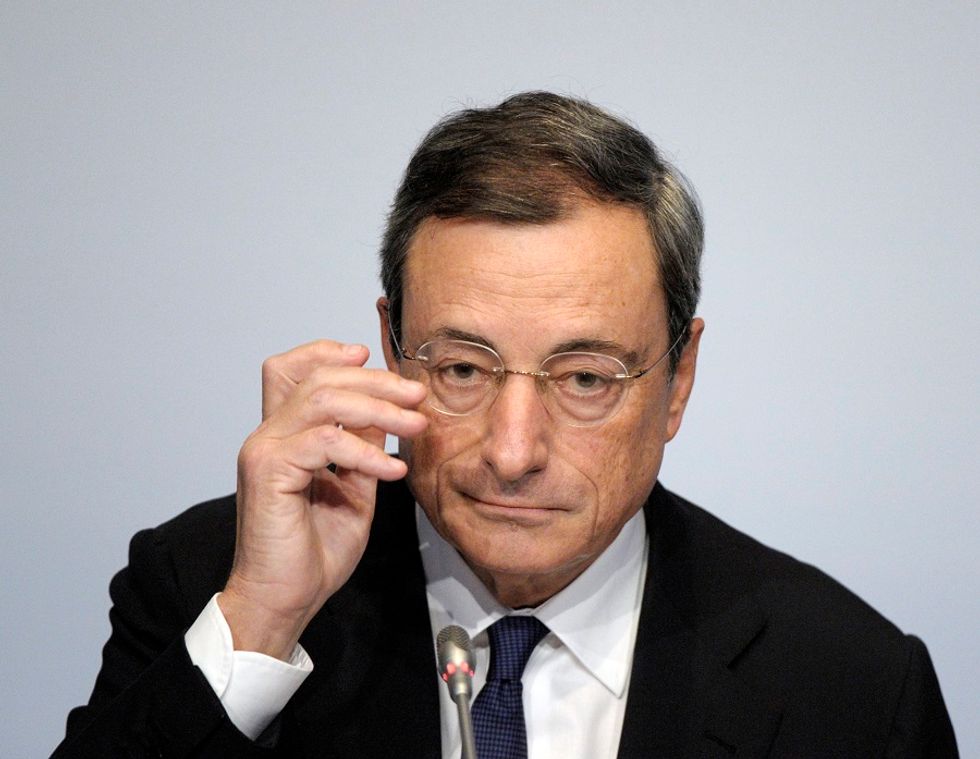Hercules, Euro, and the economic strategy of the European Central Bank
Fiscal and structural reforms are crucial to save the euro area, but if bureaucrats do not follow through with promises, nothing will change
Europe's central bankers are now in Naples to discuss about the state of the region's economy. President Mario Draghi and colleagues need to define a new plan to buy asset-backed securities in a bid to drive stimulus for the euro zone.
During the official opening dinner, President Draghi anticipated some of his ideas about the future of euro as well as European economy. With the dinner hosted in the Hall of Hercules of the hilltop residence where the Bourbon kings once ruled Naples, Draghi started his speech borrowing the Hercules metaphor, explaining that Europe is currently facing the "Herculean task to revive growth and bring down unemployment. And just like Hercules confronting the hydra, it sometimes seems as though just as we defeat one challenge - such as the sovereign debt crisis - two new challenges spring up - such as low inflation and a weak recovery".
After admitting how complex the current situation in Europe is, President Draghi tried to add some optimism to his speech stressing that after an intense and challenging battle, Hercules succeeded in defeating the hydra: "while he cut off its head, his nephew cauterised the neck. In other words, he simultaneously tackled the problem on the surface and at the root. And this is exactly what we need to do today in the euro area. We face both a cyclical challenge, which is too low demand, and a structural challenge, which is too low potential growth. And it is only by addressing each challenge at the same time that we can generate a sustained recovery; that we can ensure that no new 'heads' spring up. This means each institution doing its job and sticking to its commitments".
So what's the European Central Bank's job? Well, bringing inflation back close to 2 per cent; manipulating monetary policy in order to lower the cost of capital; find a new way to promote and sustain investments (such as limiting taxes and removing all hidden costs linked to unnecessary regulations). Last but not least, President Draghi reminded that European leaders needs to work on trust and confidence: fiscal and structural reforms are crucial to save the euro area, but if bureaucrats do not follow through with promises, nothing will ever change.
Follow @castaritaHK


